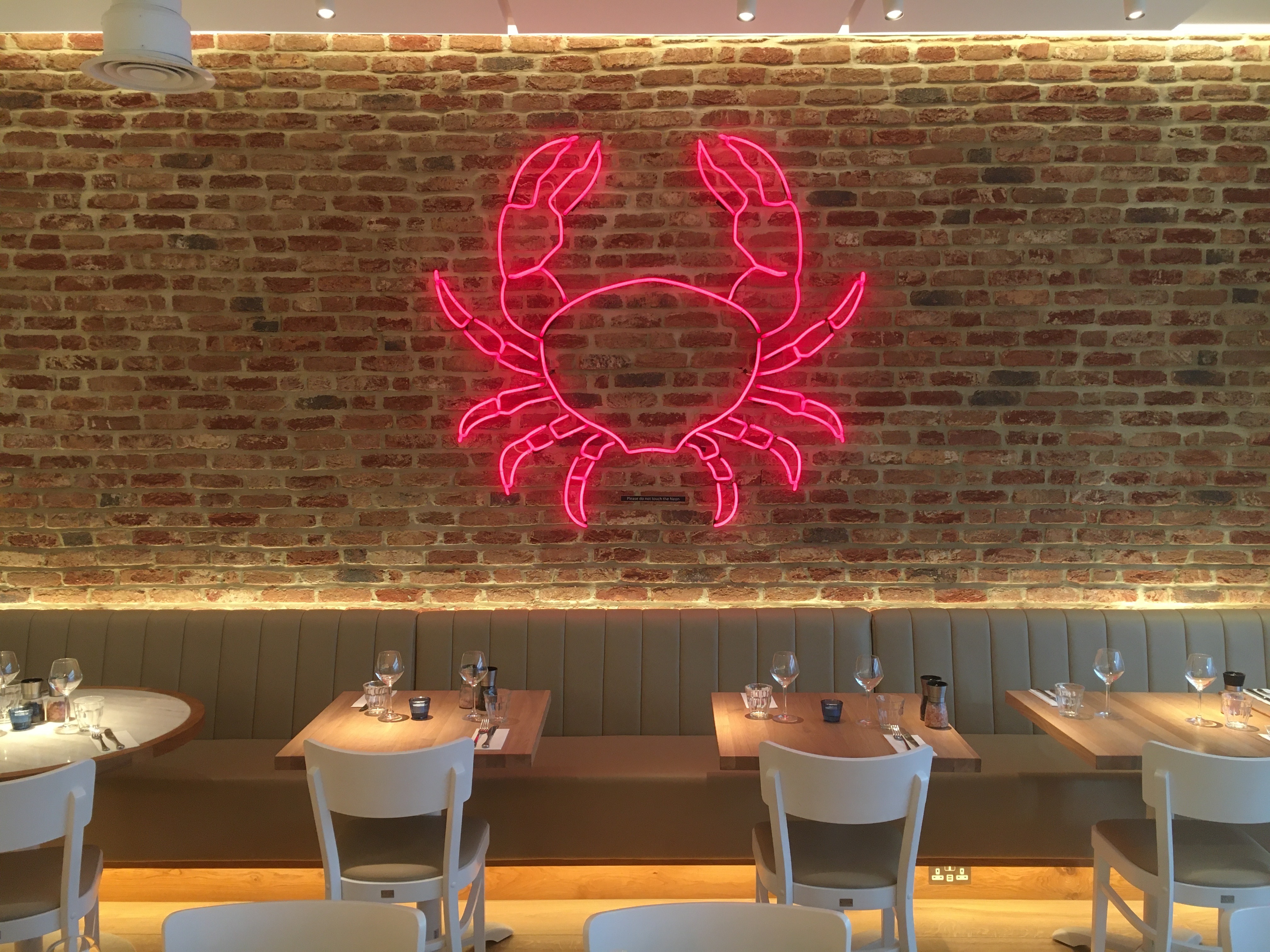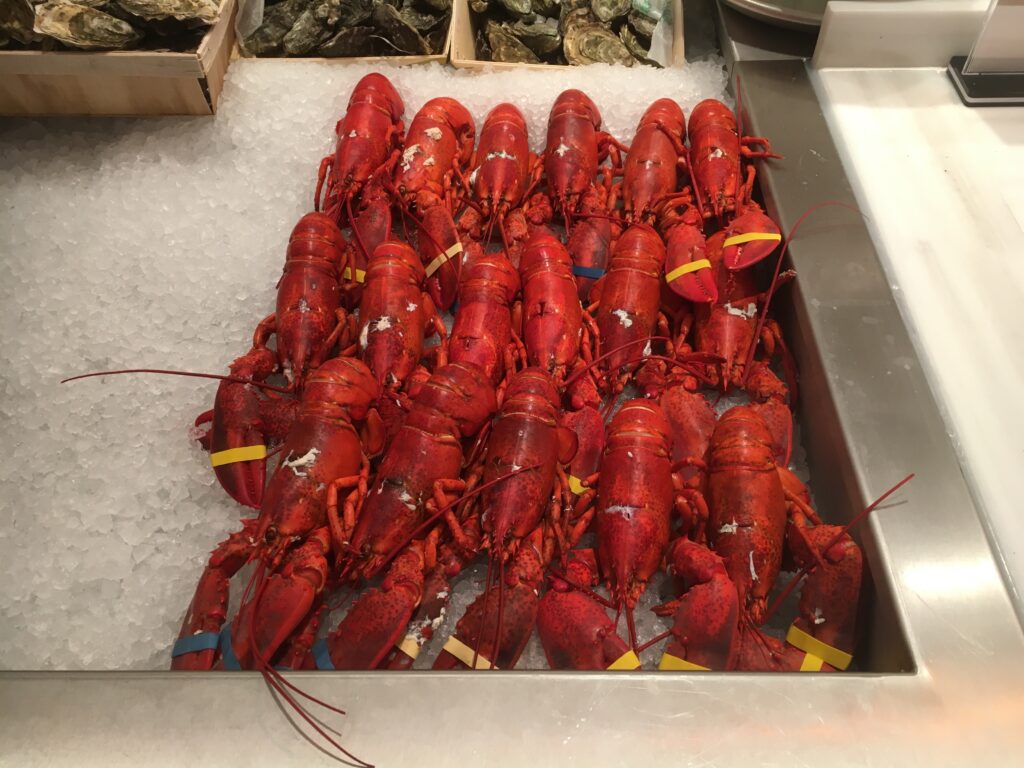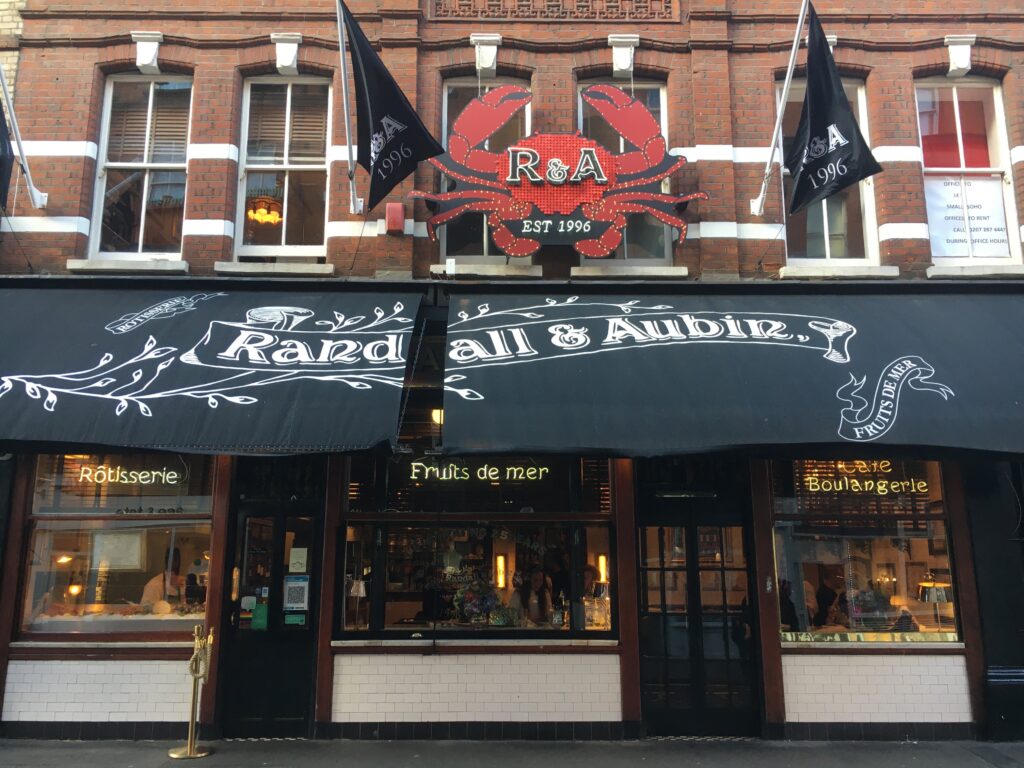

After a recent change to UK animal welfare laws, lobsters, crabs and octopuses are now recognised as sentient beings, meaning they can feel emotions such as pain, happiness, hunger and anguish.
This begs the question of how restaurants in London serving these creatures as seafood delicacies have adapted to the change. Chefs would commonly cook them by boiling them alive, but doing this is now banned under the new legislation, alongside the practice of selling live lobsters to non-professionally trained chefs.
Jermaine Parkinson, chef at The Seafood Bar in Soho, said: “For me if you boil a lobster straight away while it’s alive, it makes no different to the way a lobster feels. If you put a knife through its head, it actually feels worse because you can feel the lobster dying in your hands. So that’s a lot harsher in my eyes rather than putting it straight into boiling water. You’re not going to hear it scream, you’re not going to feel it dying in your hand.”
When asked if this change will also affect the way these dishes taste, Parkinson elaborated: “No. Not at all. I wouldn’t say there is a different taste. From my understanding, it’s only done to avoid animal cruelty.”
He continued: “The thing is every chef deals with red meats and all different kinds of fish on a day-to-day basis. Sometimes the way they are killed is more about being ethical and how important it is to them [the chefs].”
In contrast, a chef at Wong Kei in Chinatown claimed that no restaurant in the area boiled lobsters alive as they would lose a lot of their flavour by being cooked this way. On top of that, lobster is often served in pieces in Chinese dishes, which requires it be cut up beforehand to simplify the cooking process.
A chef at Randall & Aubin who preferred to remain unnamed, explained that they prefer to freeze lobsters 20 minutes before cooking to induce them into a natural hibernation state, therefore anaesthetising them from the pain. They are then skewered and instantly boiled.
Although there is no official method considered to be the most humane, the most important factor is the time between the lobster dying and the lobster being cooked. Upon death, bacteria that is dangerous for humans develops in the lobster at an alarmingly fast rate. This is why it is important to cook them as soon as they are killed.
At Randall & Aubin, the chef discussed the factor that concerns most people invested in animal welfare. Although people can be distraught by the idea that the animal they are eating is killed in the venue they are sitting in, he wants people to be reminded that all animals consumed in restaurants are slaughtered at one point or another. It should be the fact that care and attention has been put in place to make sure this happens in the most humane way possible that is important here.


